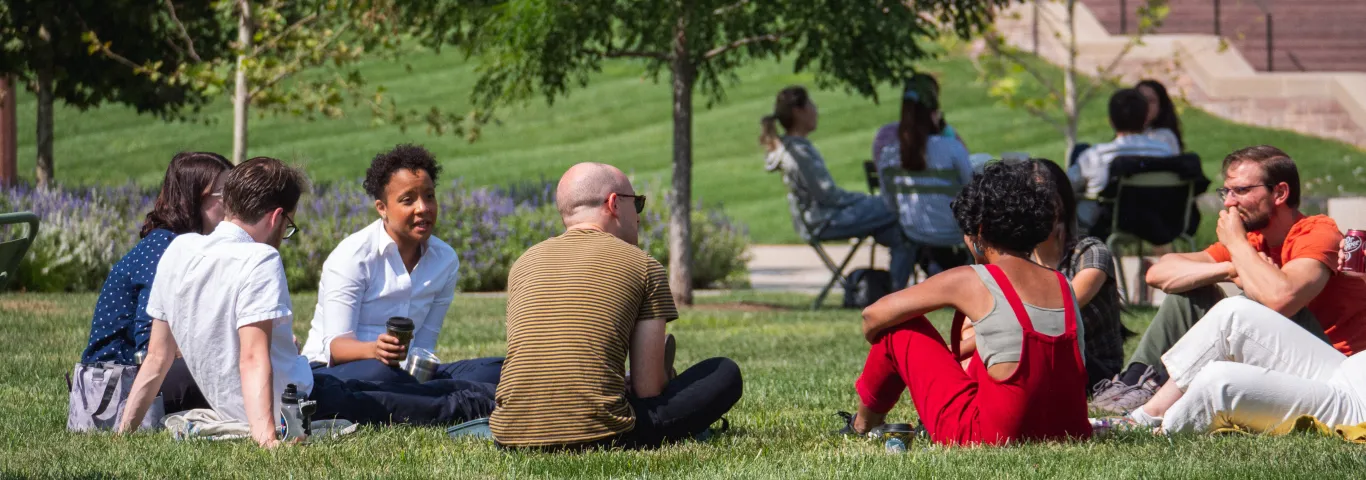Access and Understanding
Misperceptions and doubts about the relevance of faculty research can often divide the academy from society, creating conditions in which the work of universities is viewed as esoteric or disconnected from reality. Fruit fly research has been openly mocked by political candidates without understanding its essential role in curing human disease; debates about the naming of schools or the meaning of monuments have sometimes explicitly excluded input from professional historians, whose expertise is deemed irrelevant; and the list goes on.
Across the sciences, social sciences, and humanities, this problem is widespread and persistent. The broader public often does not understand what faculty in Arts & Sciences do, or why it matters. The public communication and understanding of our research is more crucial than ever. As we continue to bolster long-established traditions of scholarship, we must highlight and support new ways that Arts & Sciences develops, produces, and disseminates its work to reach a wider audience in St. Louis, throughout our nation, and across the world.
Arts & Sciences has a long history of nurturing faculty and students in the arts, humanities, social sciences, and sciences who write, think, research, teach, and produce scholarship outside of established formats and traditional disciplines in order to connect with those beyond the bounds of academe. Washington University has the strength and flexibility to become an innovative leader in producing new forms of intellectual and creative work and in expanding access to and understanding of the knowledge we produce.
